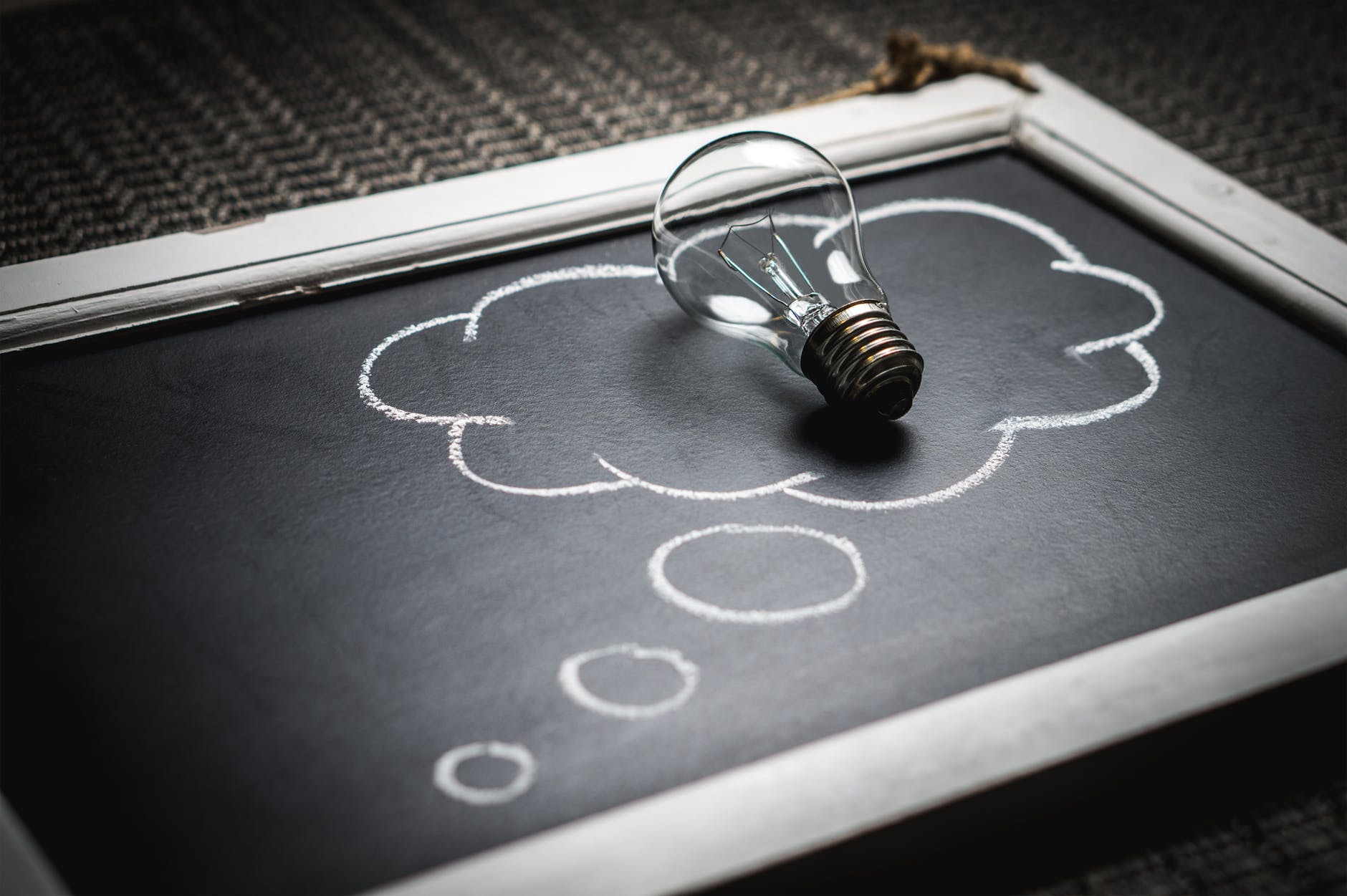Business
How technology is shaping the wine industry
It’s no secret that technology has changed the world we live in. Whether it’s through smart locks for homes, WiFi connected fridges, or even the mini computers we carry around in our pockets, tech has come a long way. Entire industries have been transformed, and the latest to have a technological facelift is the alcohol industry.
Thanks to IntelligentX, hopheads can now purchase a beer brewed through artificial intelligence, marking one of the biggest breakthroughs technology has had on the alcohol industry. But perhaps a slightly more shocking breakthrough is within the wine sector. For an industry saturated with a stereotypical “old is best” mentality, it can be difficult to introduce technology into winemaking, or vinification, while maintaining the thousand-year-old, tried and tested methods. Here we’ll go through some of the biggest advancements in technology to the wine industry.
Technology can predict the finished wine by testing the soil
When it comes to making wine, there are a number of factors that can influence the taste of the finished product. According to fine wine valuators The London Wine Cellar, these include weather conditions, such as the amount and even timing of rainfall in a vineyard while grapes are growing, how much sunlight was received, and even the acidity of the soil. These factors make up what is known as the terroir of wine. This then affects the finished taste, which has an impact on how coveted that vintage is and the price of the bottle. Vineyard owners will therefore want to be able to control as many of these factors as possible, while still allowing the grapes to grow outdoors in natural conditions.
Thankfully, WineSeq by Biome Makers has made this possible. The technology analyses the microorganisms in the soil, and uses this information to predict the effects that this will have on the finished wine. According to Biome Makers, the technology has allowed winemakers to “identify, quantify, and compare all microorganisms at work in their soil, grapes, and wine” for the first time. This gives vintners the chance to determine which bacteria and fungi specifically alters the grapes, allowing them to manage the terroir more effectively, rather than relying on luck.
Machines can sort similar grapes for a smoother wine
Having the right grapes is key to producing the right wine. Smaller, sweeter grapes, with a thicker skin are ideal for vinifying, while table grapes are larger, containing more water to dilute the sugars, and a thinner skin. Vintners use specific tools to help them measure the sweetness of the grapes, ensuring the sugar levels are high enough for the fermentation process. However, bunches of grapes on the same stem can have varying sugar levels, thanks to factors like foliage shading specific bunches from the sun.
Amos Industries solved this problem by creating the innovative Tribaie, which literally translates to “berry sorter”. The grapes are separated by density, as opposed to physical properties, and are placed in a sugar or must solution that’s keyed to a density chosen by the winemaker. The denser grapes have a higher brix (which means they contain more sugar) and are therefore riper than the solution. This causes the ripe grapes to sink, while the less ripe grapes float. Rollers rotate through the solution to catch any crushed or rotten grapes, which are sorted into a third section. Once the grapes have been sorted, the vintner can use the separated grapes to make the different wines from the grapes.
Artificial intelligence is taking on sommeliers
Sommeliers are generally available in fancy restaurants to offer diners the perfect wine pairing with whatever meal they’ve chosen. But when you’re cooking at home, you may not know whether your fish dinner will go nicely with a Chardonnay or Cabernet Sauvignon. Now, technology has come to the rescue in the form of the Corkscrew app, which acts like a virtual sommelier. The app allows you to enter your food choice and personal preferences, and brings up a selection of wines that will pair well. Corkscrew also scores the wines, based on critic ratings, vintage quality, and the pedigree of the producer and vineyard, giving you the most information before you invest in a glass or bottle.
For those who are dining out in a restaurant without a sommelier, the app can sync to the bar or restaurant you’re in to show you the best wines available on the menu. While Corkscrew is currently London-based, it can work with nationwide chains, and is growing every day. The algorithm works by taking all the information entered about the food and personal preference, and matches it up to the 10,000 unique wine flavours stored in the database. As Corkscrew’s sommelier Matt Day explains, there is a science to food and wine pairings, and each unique flavour has a specific DNA composed of sweetness, fruitiness, acidity, alcohol, and body. This allows the user to find their ideal wine, based on the information entered.
While wine is deemed a traditional industry, technology has helped vintners create smoother, more specific blends. As technology further infiltrates the alcohol market, it might not be long until we can start sampling wine completely created by artificial intelligence.












